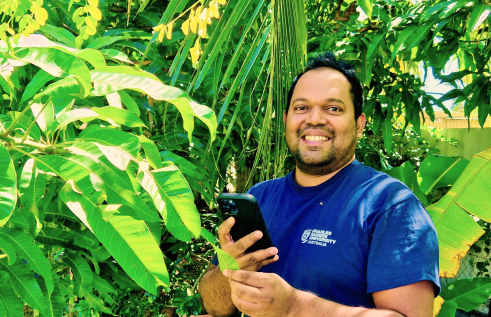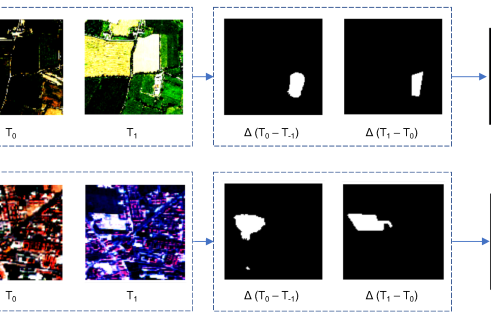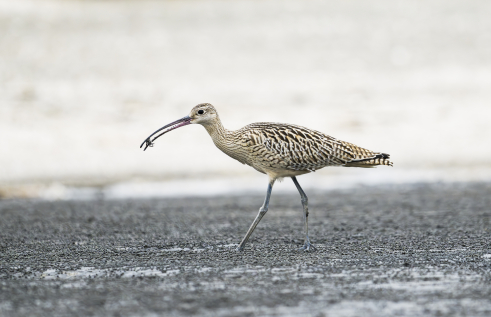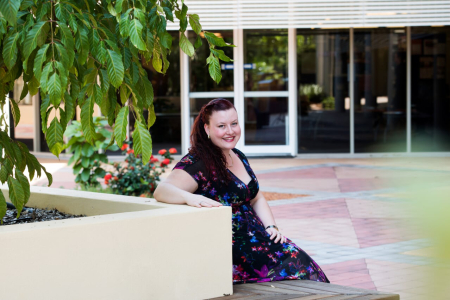News article
Researcher: play therapy helps heal trauma
Charles Darwin University (CDU) PhD candidate, Dr Joanne Wicks has been working with children, parents and teachers to explore the benefits of intensive Child Centred Play Therapy (CCPT).
Dr Wicks is a registered play therapist supervisor and counsellor supervisor who co-developed three postgraduate courses in play therapy at CDU.
Recently, she received the United States Association for Play Therapy 2019 Student Research Award.
Dr Wicks’ PhD project provides a therapy model for children who have experienced adversity in Indigenous and non-Indigenous communities. Her research focuses on CCPT, which gives children opportunities to direct their own play and to explore and address their own challenges.
“Therapeutic services offered in remote communities typically follow a traditional delivery of therapy, meeting once a week or less as remoteness increases,” Dr Wicks said.
“Working with children has taught me that they are not mini adults and that children are capable of working through their problems a lot quicker than adults.”
Started in 2015, Dr Wicks’ project provided more than 400 CCPT sessions in 20 days, at Palmerston primary school and Papunya community, 240 km northwest of Alice Springs. The project also incorporated working with parents and teachers to provide therapeutic play skills training.
After seeing some children for therapy weekly and other children a few times a week, Dr Wicks said she found that children at each session demonstrated similar progress. Later she was involved in one of the first projects by international play therapy specialist, Dr Rochelle Ritzi, which researched the effect of intensive therapy.
Results indicated that many of the emotional and behavioural difficulties reported by parents and teachers diminished after the program. Dr Wicks said she hoped her findings would help address the lack of services and service consistency in remote communities and give children the best chance of sustained improvement.
“The results suggest that CCPT may be an appropriate intervention for children with a history of adversity,” Dr Wicks said.
“Pupunya community has invited the intensive CCPT model into their community with the hope that it might be helpful for their children, families and community.”
Dr Wicks will receive her PhD at a CDU graduation ceremony on 18 October at the Darwin Convention Centre.
Related Articles

Rooting out plant diseases: Are computers ready to run our farms?
Nature is still too complex for artificial intelligence (AI) modelling to be effective, but the tipping point is close, according to a new study that found the technology may still trip at the last real-world hurdle.
Read more about Rooting out plant diseases: Are computers ready to run our farms?
Tech on the treetops: How AI can protect forests
The Artificial Intelligence model was developed to detect changes in forest cover.
Read more about Tech on the treetops: How AI can protect forests
Volunteers protected Darwin wildlife for 50+ years, but new research suggests it’s time to stop winging conservation efforts
Volunteers have shouldered the burden of shorebird conservation in the Top End for more than half a century, but new research from Charles Darwin University (CDU) suggests it’s time for the government to take responsibility for all of the Northern Territory’s residents – including those with wings.
Read more about Volunteers protected Darwin wildlife for 50+ years, but new research suggests it’s time to stop winging conservation efforts
